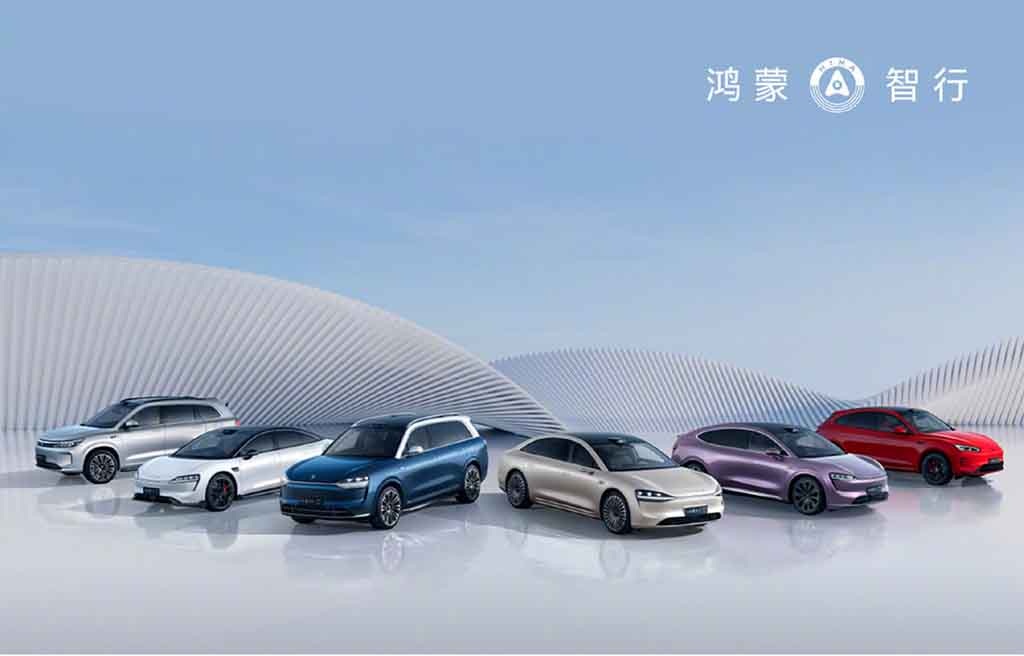Huawei is playing an increasingly critical role in the transformation of China’s legacy automakers, but whether it can save them is a more complex question.

How Huawei is Helping Chinese Legacy Automakers
- Intelligent Vehicle Technology: Huawei provides advanced smart car solutions, including HarmonyOS-based infotainment systems, autonomous driving tech, and connectivity features. This allows legacy brands to compete with Tesla and BYD on software and user experience.
- Joint Ventures & Partnerships: Instead of making cars, Huawei partners with automakers like Changan, BAIC, and SERES (AITO), providing them with smart vehicle platforms. This reduces the burden on these companies to develop cutting-edge technology in-house.
- Competitive Edge Against EV-Only Brands: Many traditional Chinese automakers have struggled against startups like NIO, Li Auto, and XPeng. Huawei’s technology helps them close the gap in electrification and smart features.
Challenges & Limitations
- Dependence on Huawei: Some automakers may become too reliant on Huawei, reducing their ability to innovate independently.
- Brand Identity Issues: Some legacy brands might lose their unique identity if their cars are seen as “Huawei-powered” rather than standing on their own merits.
- Geopolitical & Supply Chain Risks: Huawei faces ongoing U.S. sanctions, which could impact its ability to supply critical components.
Conclusion
Huawei is not a savior, but it is a powerful accelerator for Chinese legacy automakers looking to modernize. Success will depend on how well these automakers integrate Huawei’s technology while maintaining their own competitive edge in branding, manufacturing, and overall vehicle quality.
Category: Review